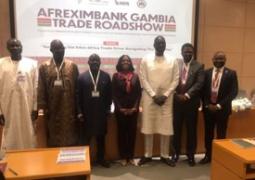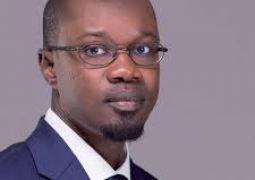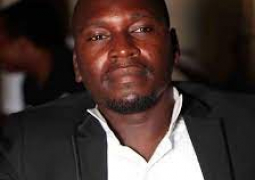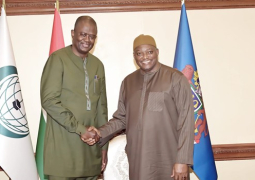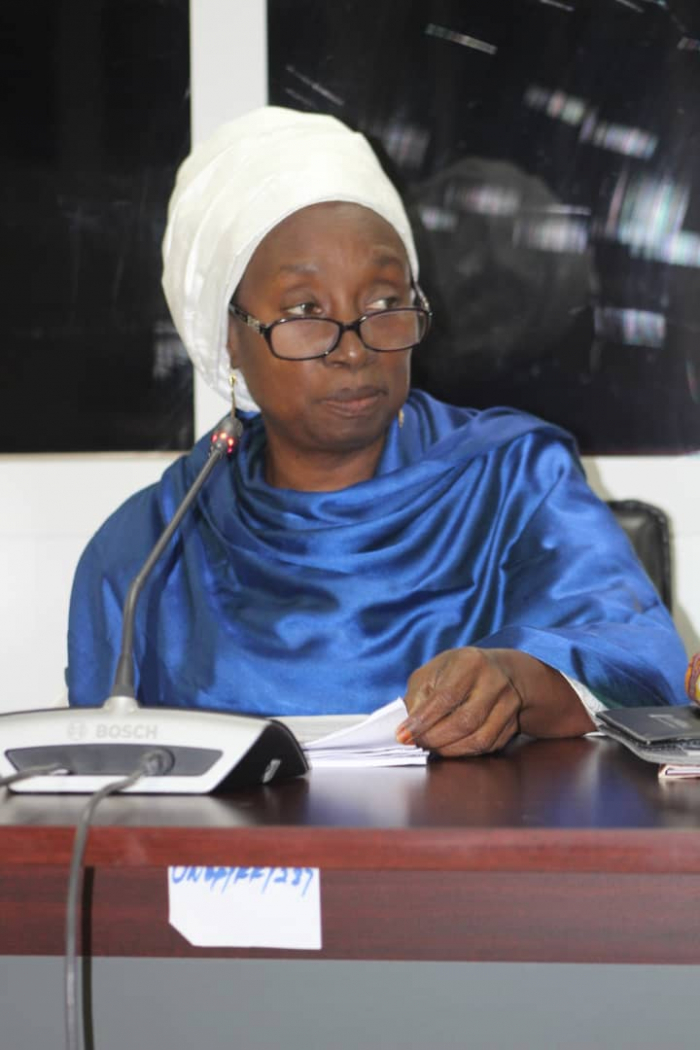
The veteran lawyer testified that the military junta demanded the drafting of the decrees when she was the acting attorney general and they did, saying she vetted it before it was promulgated. She added that the decrees did not validate whatever the junta does, instead it provides a framework. She confirmed that Decrees One to Six were drafted under her watch.
“When the military declared themselves in power, they ordered all the ministers to report to the nearest police station and the permanent secretaries should take in charge as ministers. The military pronounced on air that the constitution was suspended and they have formed the AFPRC with Yahya Jammeh the chairman.”
She said upon her arrival from America, she became acting attorney general and was called by Jammeh. She stated that according to Jammeh, the agenda they had was to promote accountability, probity and transparency.
“Jammeh said the Jawara government was corrupt and he was proud that the coup succeeded without bloodshed. He asked me about decrees because he saw that militaries used decrees after the coup. I told him those are laws and there was a department at the ministry that was responsible for drafting laws.”
The one time solicitor general testified that Decree No 1 was drafted by a unit at her ministry to suspend political activities, which she vetted and sent to chairman Jammeh. She added that the decree was promulgated by Jammeh and later announced.
The witness said Decree No 3, which was on state security, was to put some framework for anybody detained to be dealt with, saying she was very concerned about extensive detention of ministers and others.
“I advised the council that they cannot keep detaining people without charges and under the constitution there is review of detention of person under emergency. That were made clear to Jammeh, and Sana said the detention of the soldiers wouldn’t be compromised. The decree didn’t authorise them to arrest anyone and it didn’t give the military any power that they didn’t have.”
Counsel Sagar Jahateh asked witness Bensouda whether she recognised the legitimacy of the junta, she replied in the negative. Counsel further asked why she went on to draft the decrees and obey commands of the military council. she testified that she was the attorney general and was working for the country.
Dwelling on the Jawara government, she told the commission that in 1984, the Gambian economy almost collapsed but with the help of the IMF and the World Bank, there was economic recovery programme. She added that the economy was in good shape and President Jawara had the vision to gentrify Gambia as Singapore within 10 years. The witness indicated that before the military takeover, The Gambia was in good position to the world and one was proud to be a Gambian.


